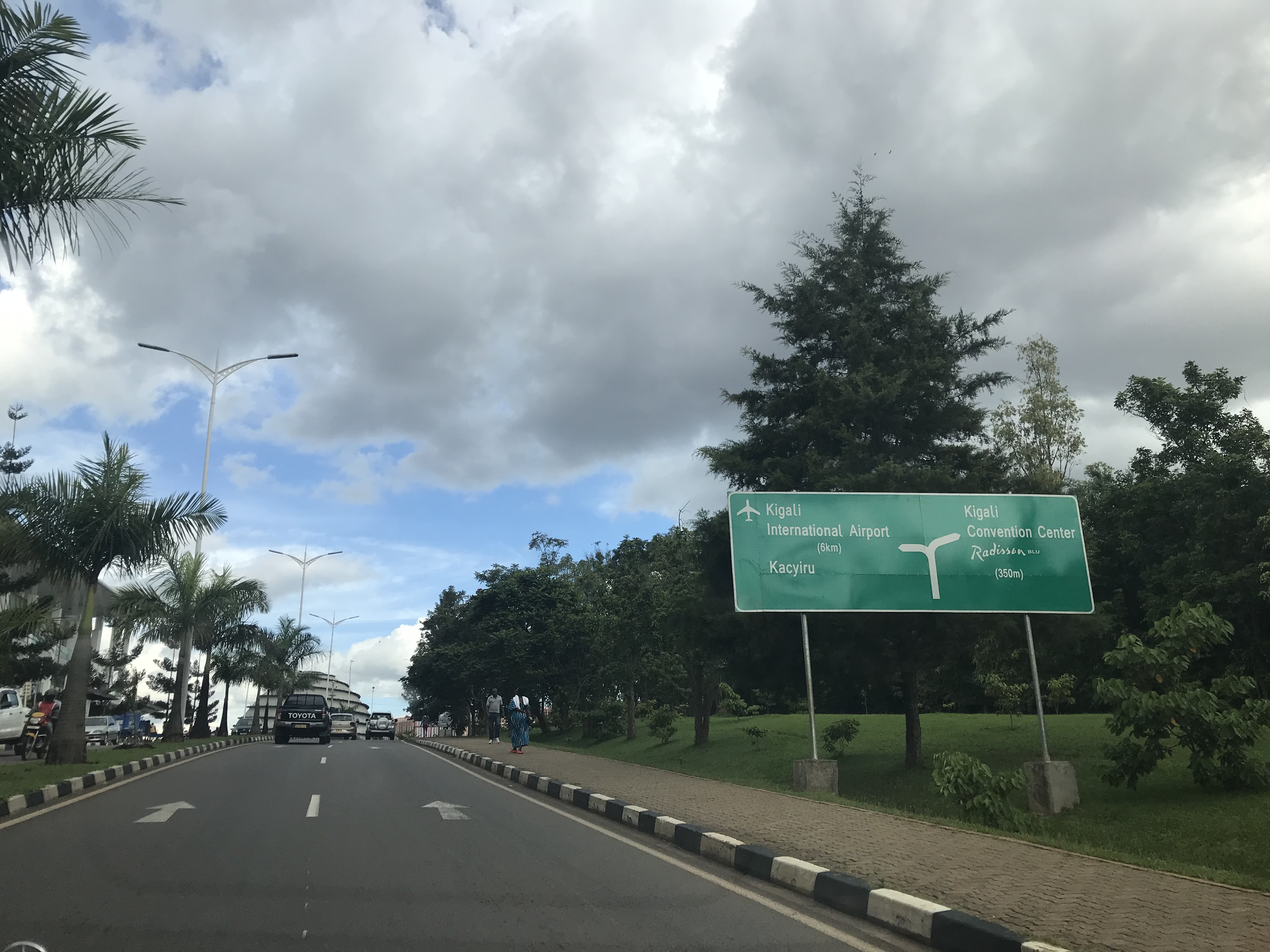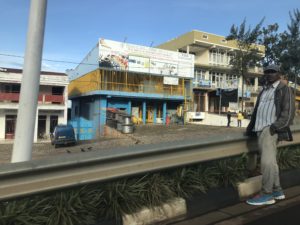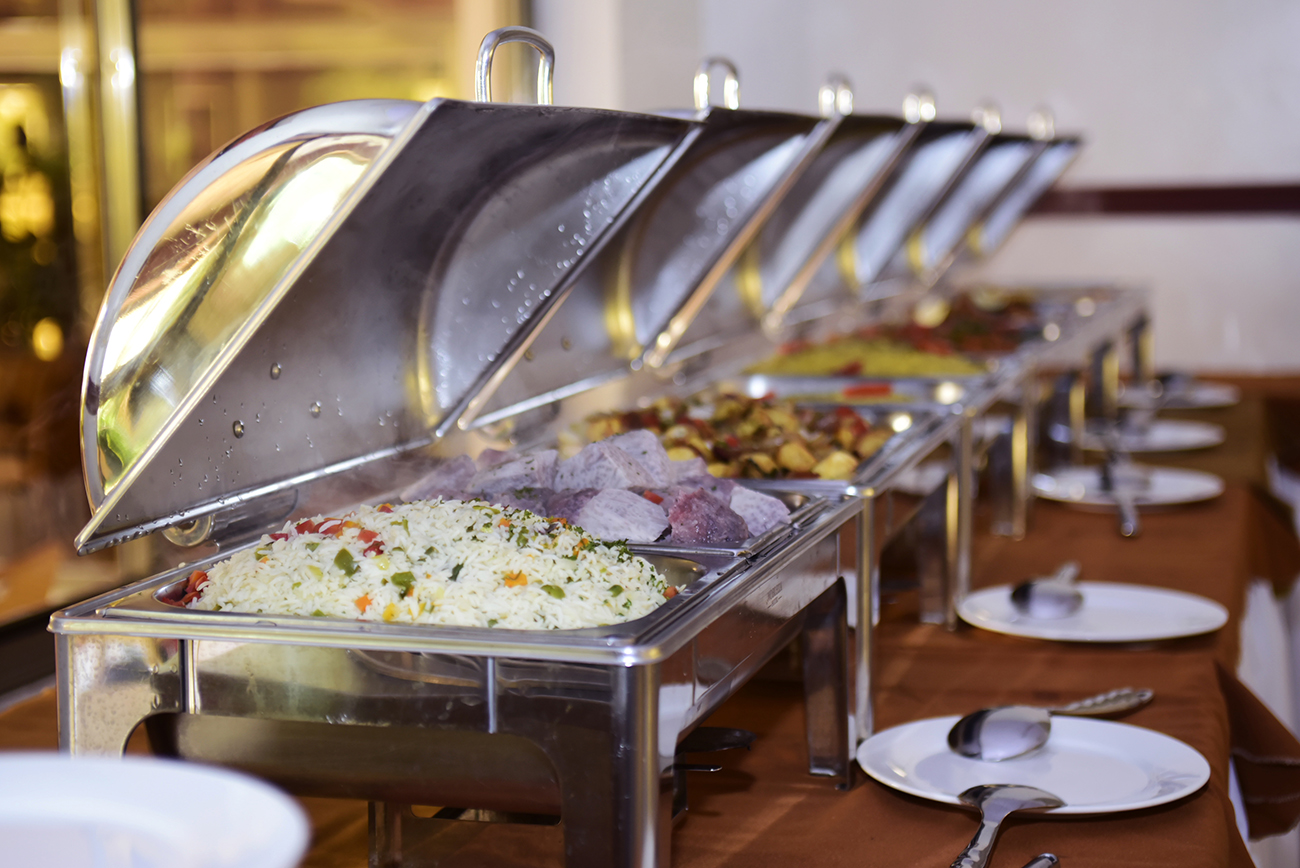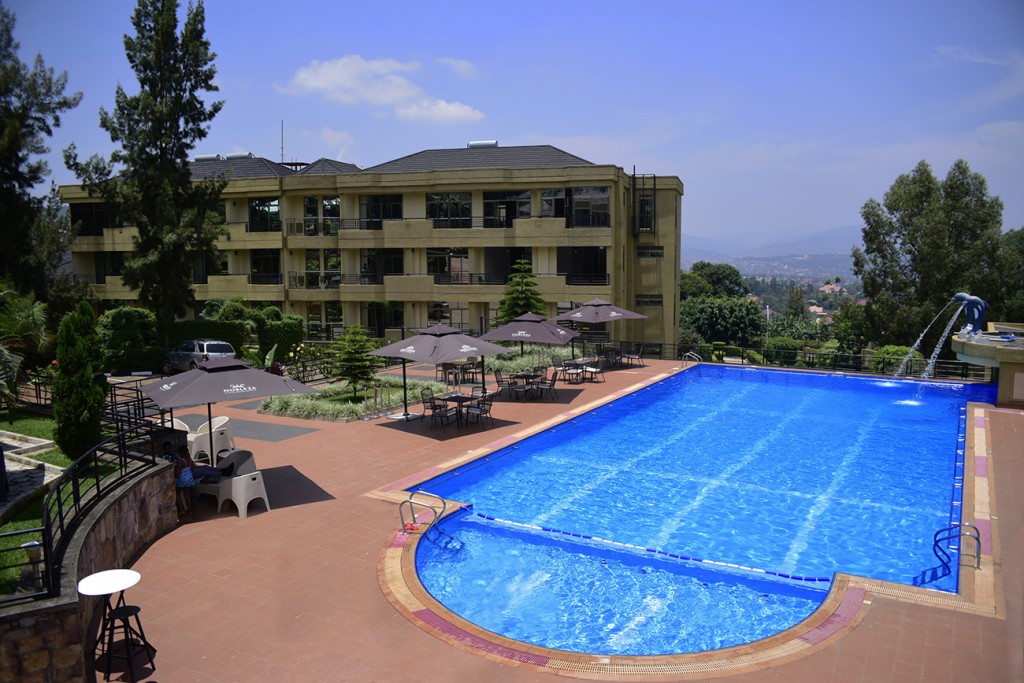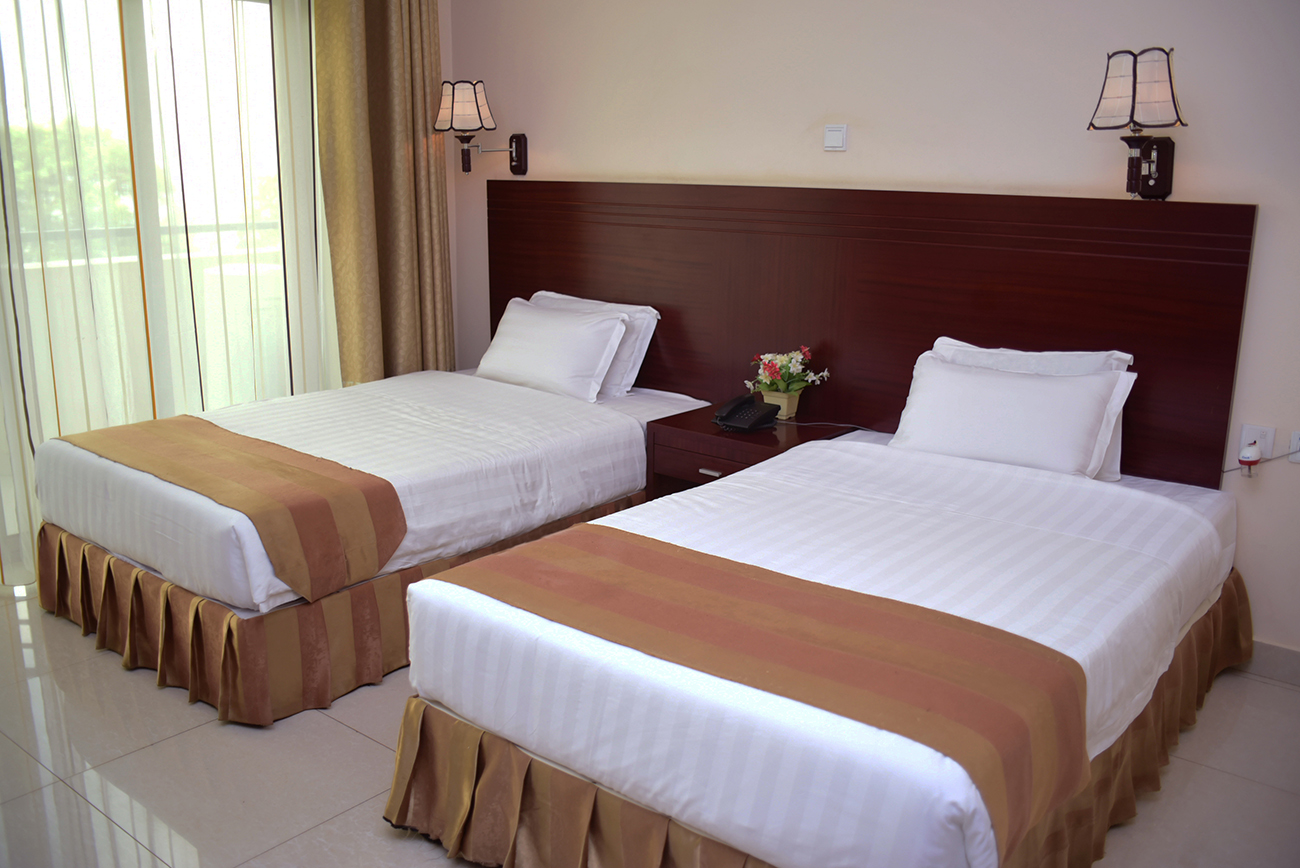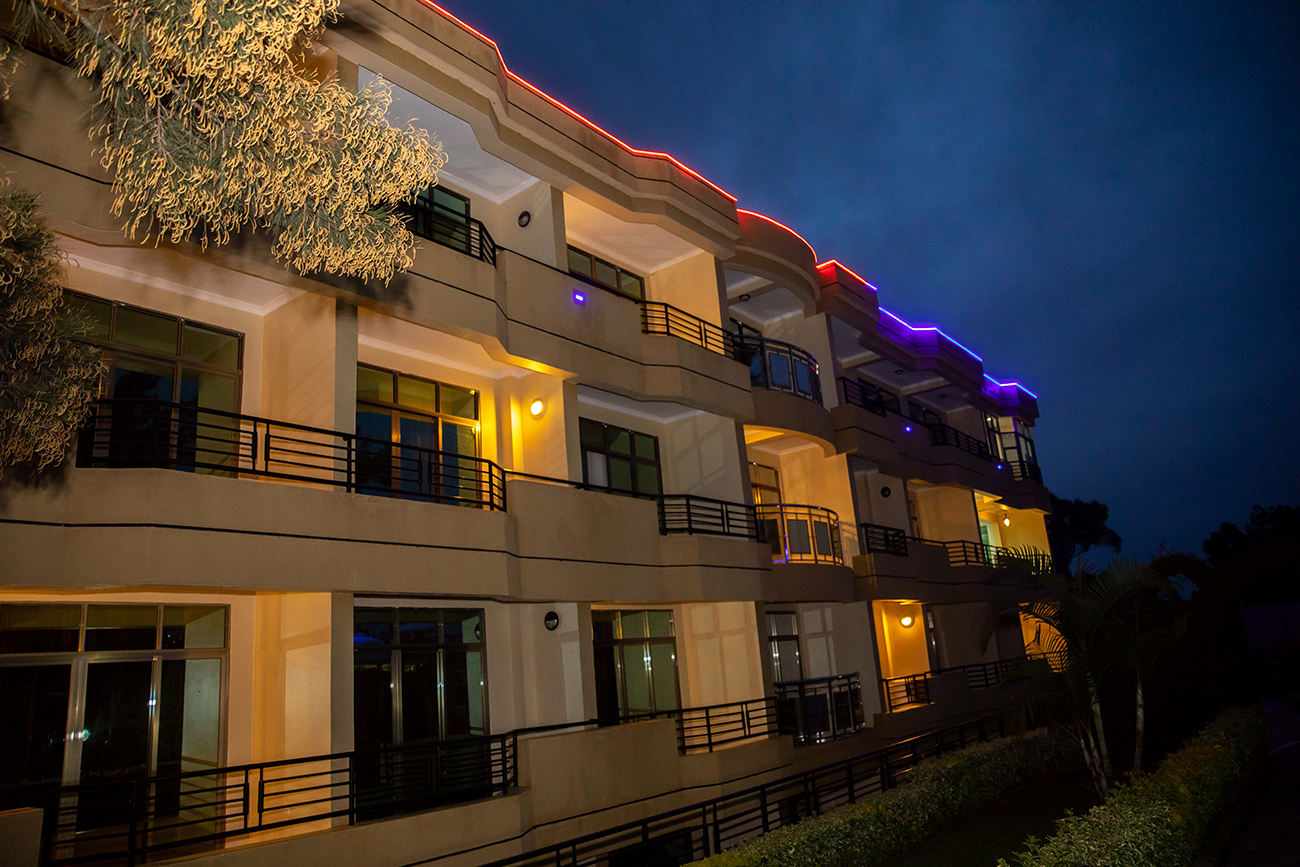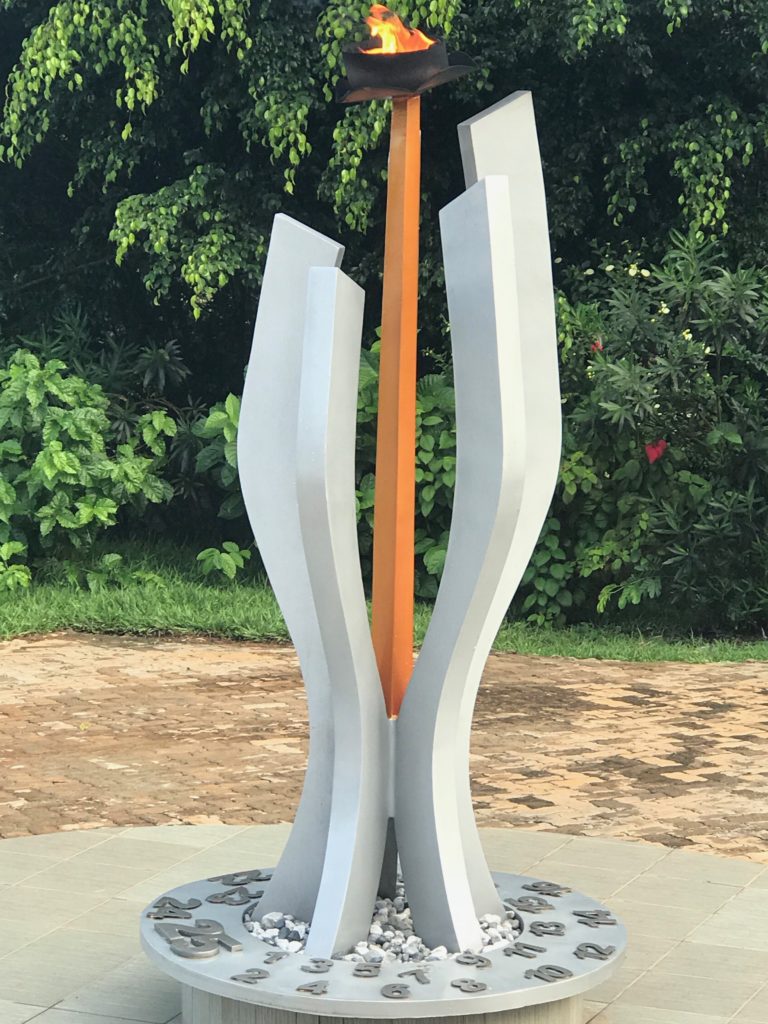Critical International Law Summer School
This 7-day collaborative summer school focuses on the development of a critical international law pedagogy through a collaborative international law network that explores international justice though an integrated and interdisciplinary approach. The goal is to bring together faculty in the network who will contribute to the teaching, research and mentoring mission of the network, while also offering students and faculty an opportunity to share their research and critically reflect on some of the most pressing concerns of the contemporary period – especially in the Global South. The long-term goal is to continue to build inter-institutional linkages with students, faculty, postdoctoral fellows and researchers in the Global North and South.
The week-long workshop will focus on the exploration of the processes through which international criminal law is being taught, learned, structured and innovated. But it also seeks to build critical pedagogies that will grow and take root through its faculty and graduate student base. By examining the key components of international justice –its social constructions, law’s technocratic potential, the political economy and affective life—the course is committed to exploring the actors engaged in the making of international criminal law regimes as well as the contexts within which such forms of international law are made to intervene. With attention on the lawyers, diplomats, Non-Governmental Organizations, and various institutions that shape the moral values of contemporary law and the role of other actors engaged in supporting and facilitating justice work, the course explores the contexts, innovations, controversies, and contestations within the field of international criminal law.
Day 1 – Sunday July 4 – Welcoming Event, Expectations and Ice Breakers
6pm – Opening Reception
VIP Guest Keynote Speaker – TBD
Day 2 Monday July 5 – Unit – 1 International Criminal Law and Its Limits? Mapping its Geographies, Contexts and Continuities
08:30 – 12:00– Morning Session
08:30 – 09:00– Opening remarks: Organizers – Alphonse, Felix, Kamari, & Coordinator – Sara Ali
- Alphonse & Kamari – Welcome, Goals and Objectives
- Felix – Welcome & Curriculum
09:00 – 10:00 – Lecture 1: Situating International Criminal Justice – Kamari M. Clarke
10:00 – 10:30– Tea/Coffee Break – Group Photo
10:30 – 11:30 – Lecture 2 – International Law and The Politics of the Human – Siba Grovogui
11:30 – 12:30– Lunch
13:00 – 15:00 – Field Visit to the Kigali Genocide Memorial
15:30 – 16:30 – Field visit to Camp Kigali/Belgian Peacekeepers Memorial
17:00 – 18:30– Student Research Papers Workshop – An Introduction
Day 3 – Tuesday July 6 – Unit 2 – Law and the Political: The Contemporary Moment
09:00 – 12:00 – Morning Session:
09:00 – 10:00 – Lecture 1 – The Interface of Law and Politics in Prosecutions of Atrocity Crimes – Phil Clark, SOAS, London
10:00 – 10:15 – Tea/Coffee Break
10:15 – 11:15 – Lecture 2 – Legal Humanitarianism and the Politics of International Criminal Justice, The Sara Kendall: University of Kent
11:15 – 12:15 – Lunch
13:00 – 16:00 – Afternoon Session – Panel Session
- Unpacking Agency and Interests in International Criminal Justice Processes, Sarah-Jane Koulen,
- International Criminal Justice: Between Independence and Hegemonic Influences, Alphonse Muleefu, UR
- The ICTR and the Rwandan Judicial System: Between Dialogue, Tensions/Insights from Practice – Florida Kabasinga, Certa Law
16:00 – 16:30 – Tea/Coffee Break
16:30 – 17:00 – Exchanges/Q & A
17:00 – 18:30 – Evening Session
Student Research Papers Workshops
Day 4 – Wednesday July 7 – Unit 3 – Drilling Down: Conflicts and Impacts: The International and the Domestic
Field Trip – Murambi/Mpanga – Genocide against the Tutsi and Domestic Responses – (Discussed in meeting: Lunch before or after Murambi; Visit Nyanza; Mpanga Prison)
6:30 – 09:00 – Trip to Mpanga
09:00 – 10:30 – Visiting Mpanga Prison
11:30 – 13:00 – Lunch at ILPD Nyanza/Visit to Royal Palace
13:00 – 15:00 – Trip to and visit to the Murambi Memorial
15:00 – 16:30 – Trip to Huye
16:30 -18:30 – Panel Session
- International Criminal Trials and Historical Evidence – Thijs Bouwknegt, NIOD/University of Amsterdam, NL
- Complementarity and Tensions between International Tribunals and Domestic Courts. Nicola Palmer, King’s College, London
18:30 – 20:00 – Dinner in Huye
20:00 – 22:30 – Trip to Kigali
Day 5 – Thursday July 8 – Unit 4 – Drilling Down: Law, Victimhood, Redress and Temporalities
9:30 – 12:00 – Morning Session
9:30 – 10:30 – Lecture 1: On the Expressive Functions of Punishment in ICL: Distance and Impact, Barbora Hola, UvA, Amsterdam, NL
10:30 – 11:00 – Tea/Coffee Break
11:00 – 12:00 – Lecture 2: Atrocity Crimes, Collective Agency and Individualized Responsibility: ICL’s Restorative Deficit, Felix Ndahinda, Aegis Trust
12:00 – 13:00 – Lunch
13:00 – 16:00 Afternoon Session
13:00 – 14:00 – Lecture 3: Victimhood and Ethics in International Criminal Justice – Jill Stauffer, Haverford
14:00 – 14:15 – Break
14:15 – 15:15 – Lecture 4: Criminal Justice and Alternative Post-Conflict Responses: Insights from the South African Experience, Christopher Gevers – University of Kwazulu-Natal, SA
15:15 – 18:00 – Free Time
18:00 – 21:00 Dinner Talk – A Dialogue Session with the National Public Prosecution Authority (NPPA) and the National Commission for the Fight against the Genocide (CNLG) – TBC
Day 6 – Friday July 9 – Unit 5 – Drilling Down and Expanding Out: Law’s Futures
9:00 – 12:00 – Morning Session
09:00 – 10:00- Lecture 1: The Future of International Justice in Africa: Navigating Domestic, Regional and Global Justice Politics, James Nyawo
10:00 – 10:30 – Tea/Coffee Break
10:30 – 11:30: Lecture 2: Kjersti Lohne: Convergent or Divergent Agendas: Civil Society Organisations and International Criminal Justice, University of Oslo, Norway
11:30 – 13:00 – Lunch Break
13:00 – 16:00 – Afternoon Session
Student Research Papers Workshops – Presentations
18:00: Closing Dinner and Reflections
Before you arrive
The Visit Rwanda site has a practical information page which provides key information to consider when planning your trip including information related to health, clothing, weather and money. Visit them here
Visas
As of 2018, visitors to Rwanda are no longer required to obtain a visa prior to arrival, however, for nationals from some countries, a fee may be required upon entry. For visa information, please visit the Rwanda Directorate General of Immigration and Emigration for more information.
Health
Please consult your local health provider about which vaccinations you require before your visit.
In the Summer of 2018, as part of a course entitled The Making and Unmaking of International Law, Professor Kamari Clarke, with the assistance of consultant, Sarah-Jane Koulen, hosted an International Law Summer School in The Hague, Netherlands. With participation from visiting scholars such as Professors Jill Stauffer, Sara Kendall and Siba Grovogui, amongst others, the course aimed to provide students with an immersive experience of international law in the making.
Inspired by the success of this program, the team collaborated with partners in Rwanda and at the University of Rwanda to create a similar immersive learning experience outside of Europe. With a commitment to exploring justice issues within African spatial geographies and social worlds, the result of this engagement is the development of a new summer program established with the collaboration between the Transnational Justice Project at the University of Toronto, The University of Rwanda, Haverford College and Kent Law School.
